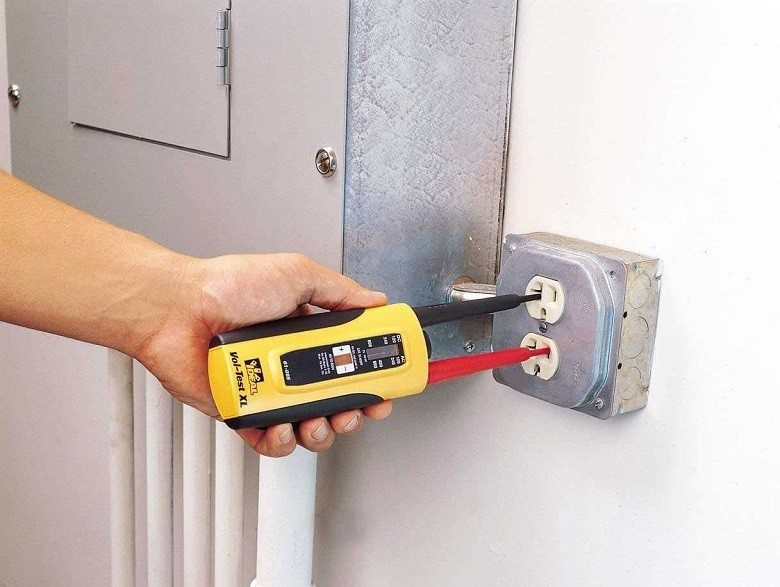
Voltage testers are designed for live-not, non-contact voltage detection on electrical circuits found in industrial, commercial and residential buildings. Incidental contact with electrical conductors isn't a problem as long as the tester is ranked properly for the voltage level and the electrical category in which it will be used. What is important when work with voltage tester, is to have a proper level of safe work practice and wear appropriate PPE required.
Voltage testers provide a high level of safety function. Getting reliable, safe readings requires buying the right king of voltage tester for your working environment and then fallowing these helpful steps.
Always make sure that the voltage tester is working properly – Before you rely on your tester, make sure the device is in great working condition. Use the tester to test a known live circuit before and after you test an unknown circuit, and make sure it provides the proper response. If you don't feel sure about whether the circuit is live or dead, use an additional method to confirm the test results.
Make sure the tester is appropriately rated – Ensure your tester is right for the measurement environment you are working in and within the voltage range you are testing. Not all voltage testers are
safety rated and they don't all provide the same level of sensitivity. Some testers will be able to detect small levels of voltage while others would not read at all.
Capacitive voltage testers have certain limitations – Right operation with tester depends upon the capacitance between the ground and the barrel of the tester. If for any reason this path is broken,
then the tester probably would not work. For example, if you are standing on a wooden ladder, the capacitance between the ground and your body will be much less compared if you were standing on a
concrete floor. In order to avoid incorrect readings, find an installation ground that you can touch when using the voltage tester.
When it comes to applications of voltage testers, most of the technicians use these devices daily, in order to verify power is off before start working in an electrical area. However, like most other
practical tools, real life offers many other applications of voltage testers:
-
Extremely corrosive atmosphere.
-
Truck running problems.
-
Home and industrial lighting repairs.
-
While installing any audio, video and lighting equipment.
-
A Christmas light issues, etc.